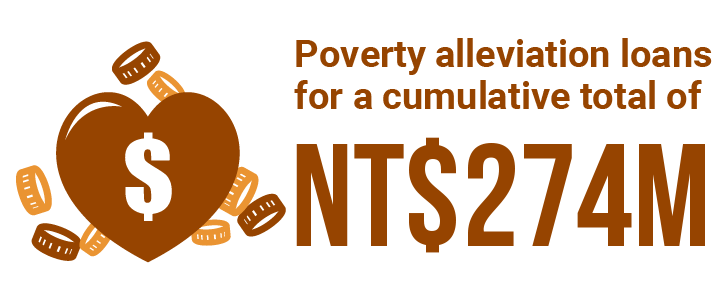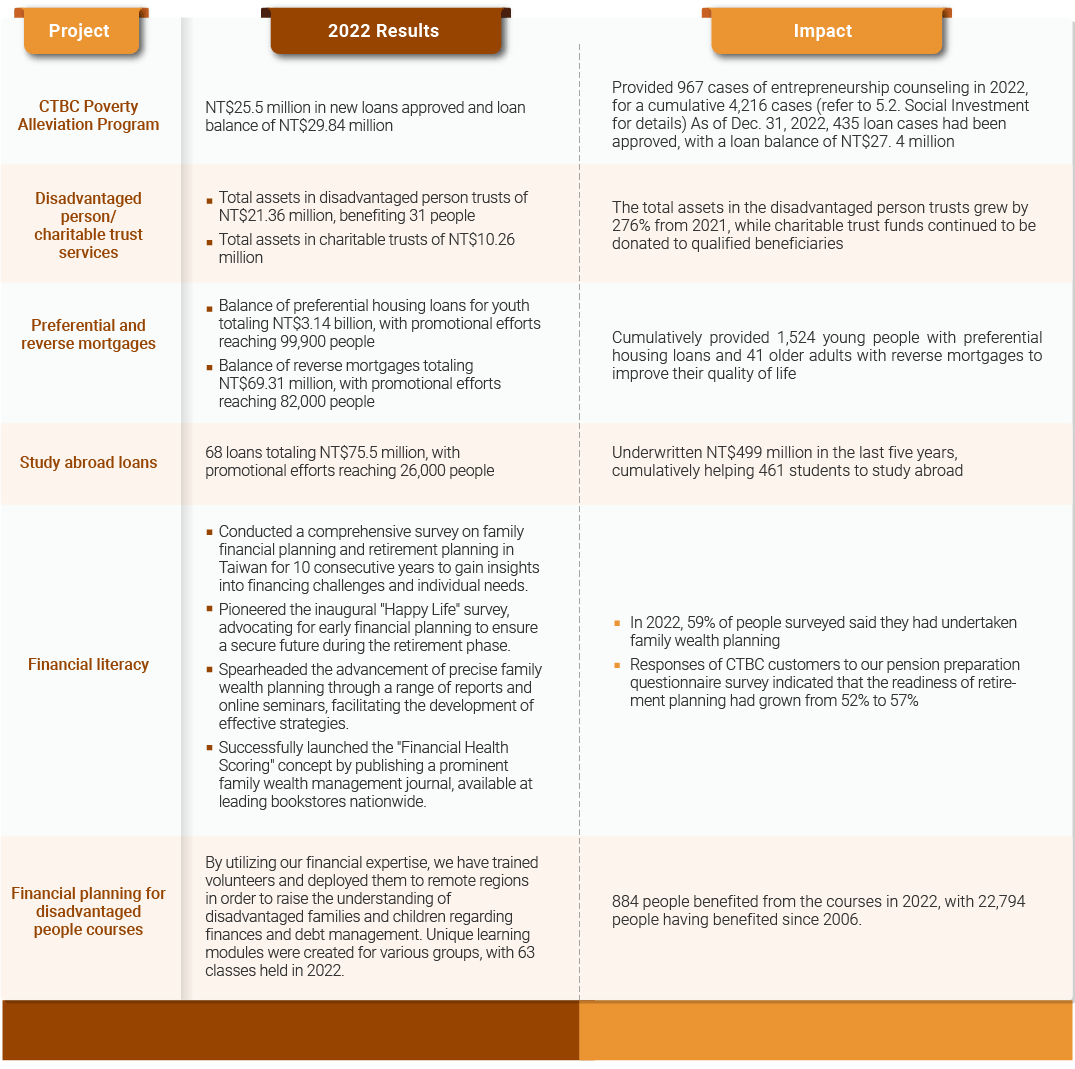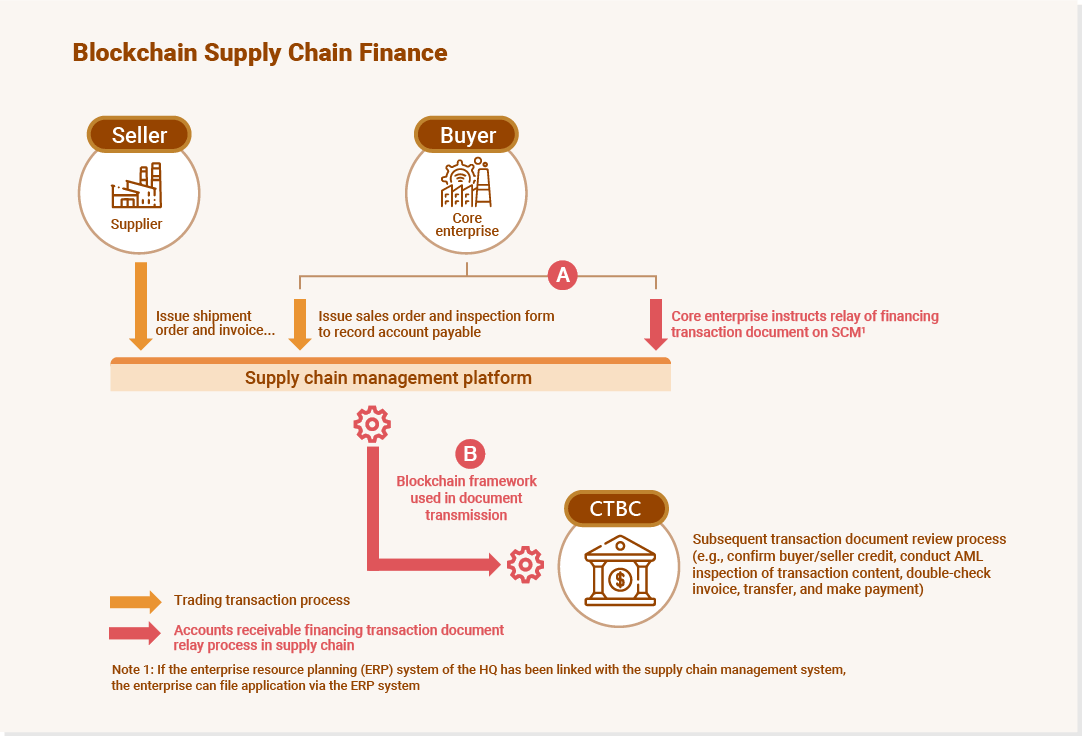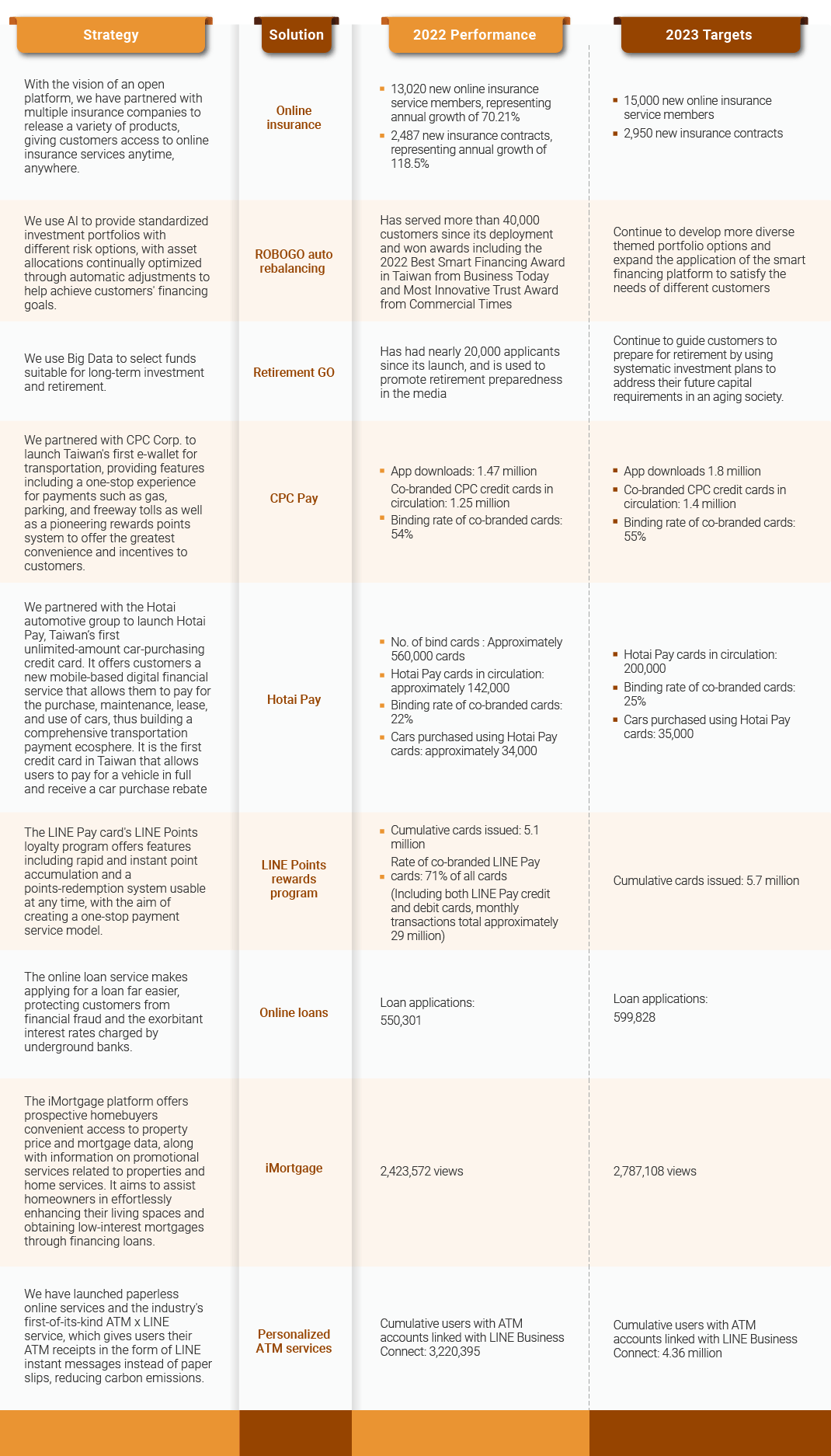Governance
CTBC Bank’s financing for the Greater Changhua 1 Southeast Offshore Wind Farm became the first Taiwan-based project to win the PFI-Asia-Pacific Project Financing Award.
CTBC Bank was the first in Taiwan to be included in the International Capital Market Association's Sustainable Bonds Database, and was the first institution in Taiwan to issue a social bond.
ROBOGO auto rebalancing has served more than 40,000 customers since its deployment and won awards including the 2022 Best Smart Financing Award in Taiwan from Business Today and Most Innovative Trust Award from Commercial Times.
responsible banking
In January 2019, CTBC Bank officially signed on to the Equator Principles, becoming the 94th financial institution worldwide to identify, assess, and manage the environmental and social risks of financing projects. In 2022, the Bank had two cases requiring Equator Principles assessment. In December 2019, the Bank also announced that it would voluntarily follow the U.N.’s Principles for Responsible Banking. In 2020, we set three strategic objectives for sustainable finance: green energy financing, credit control and management of highly sensitive industries, and human capital development in the digital era. These goals reflect how CTBC Bank is investing in the sustainable development of the global financial sector.
CTBC Bank promotes corporate sustainability development through its financial services and has clear stipulations in related policies for the following: the support of investment and credit business strategies for green energy and environmental protection and the prevention and review of credit risks for investment/financing targets involved in labor rights disputes, with corporate governance issues, or with business activities that have high energy consumption, high resource consumption, or high pollution. The Bank has also signed on to the Stewardship Principles for Institutional Investors and published a stewardship report, further helping it consider the sustainable development of investee companies and to exercise voting rights cautiously. In addition, CTBC Bank is committed to exiting thermal coal and unconventional oil and gas industries in response to the parent company, CTBC Financial Holding Co., Ltd.’s “CTBC Holding Sustainable Finance Statement”.
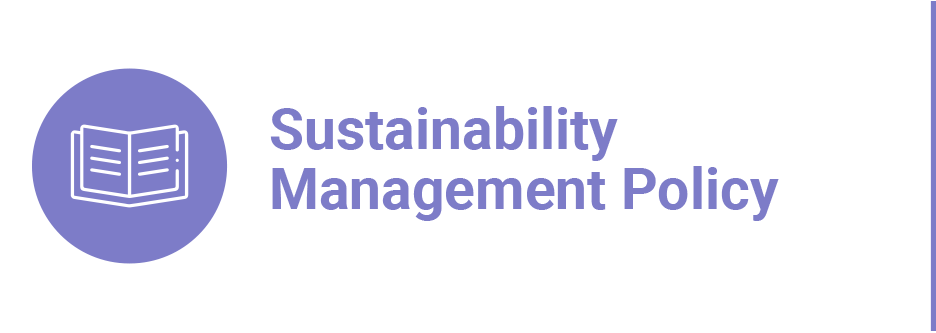
CTBC Bank bases its sustainability strategy on the three core concepts of Sustainable Growth, Responsible Operations, and a Connected Society and actively responds to the United Nations SDGs. The Bank promotes a low-carbon economy and financial inclusion with low-carbon transition and sustainability transformation initiatives. Please refer to the Bank’s “Sustainability Management Policy”.
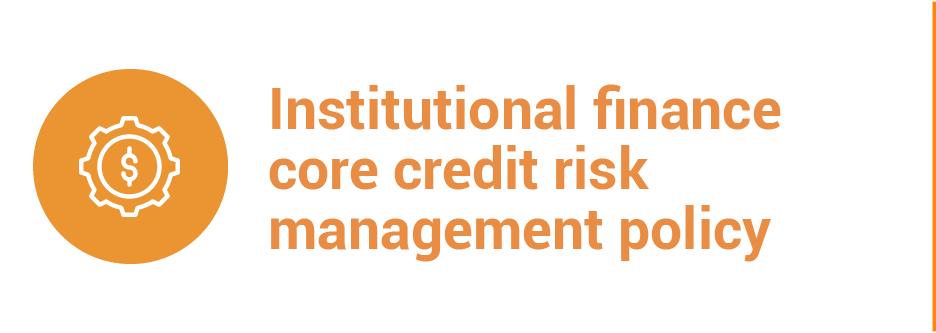
This policy supports the granting of credit for businesses and products related to green energy and environmental conservation by enterprises that involve such risks as high energy consumption, high resource consumption, high pollution, labor disputes, or corporate governance, in order to prevent credit risk incurred from business operations.
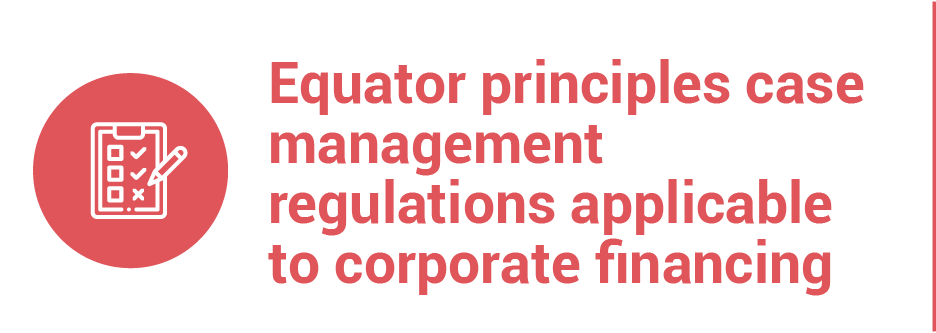
These regulations stipulate the management methods for Equator Principles-applicable cases, including analyzing the environmental and social impact of large-scale financing projects, in accordance with the eight Performance Standards of the International Finance Corporation.

The Bank has clear stipulations regarding the following: issues of concern while selecting investments, including environmental protection, social responsibility, and corporate governance (ESG); the prohibition of industries or target investments that affect public safety such as pornography, violence, gambling, and weapons; the need to carefully assess industries or that have business operations that have high energy consumption, have high pollution, or other factors that would damage the environment and ecology.
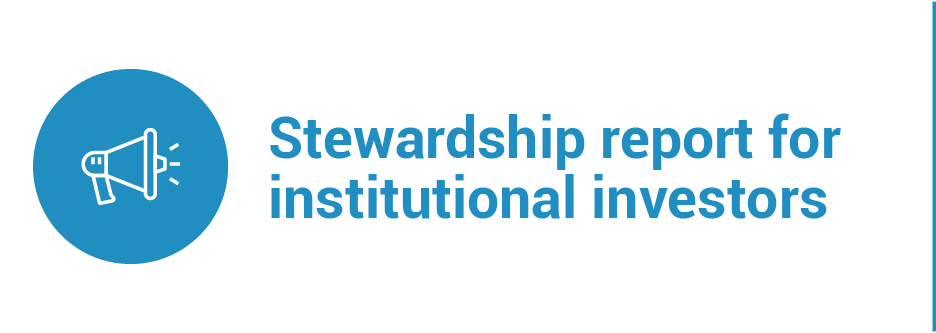
Signed the Stewardship Principles for Institutional Investors and issued a Stewardship Principles report.
With the aim of supporting the U.N. SDGs and implementing the spirit of ESG, CTBC Bank established the Guideline for Sustainable Finance in Institutional Banking in August 2021, and meanwhile included the Sustainability Credit Review Process* in the guideline. The guideline prohibits the Bank from granting credit to companies in industries that adversely impact social or public safety including through crime, terrorism, armaments, and pornography. Regarding ESG Sensitive Sector** involving material environmental and social issues (i.e., thermal coal extraction, thermal coal power generation, tobacco production, and unconventional oil and gas extraction.), we have pledged not to grant credit to new companies belonging to such industries unless (1) the company is either a state-owned enterprise or has more than a 50% of its shares held by local governments or (2) the funding purposes of the facilities are used for sustainable development; Besides, the guideline classifies a company as ESG high-risk based on ESG assessment from an external ESG database. Companies categorized into ESG Sensitive Sector or classified as ESG high-risk companies are subject to regular monitoring and controlling; Moreover, in order to promote the development of low-carbon economy, the Bank inventories the status of clients in carbon-intensive industries and collects relevant sustainable transformation documentation for risk scenario simulation; For borrower belongs to ESG high-risk, ESG Sensitive Sector and Carbon-intensive Industries, the Bank conducts proactive engagement and provides ESG related products and services to encourage these companies to invest in sustainable transition.
When conducting credit analysis, the Bank should consider potential impacts and risks stemmed from the borrower’s business activities based on the E, S, and G factors: the environmental factors (E) include greenhouse gas emissions, corporate pollution penalties, etc.; the social factors (S) include labor rights, occupational safety, etc.; the governance factors (G) include financial crime, board composition, etc.
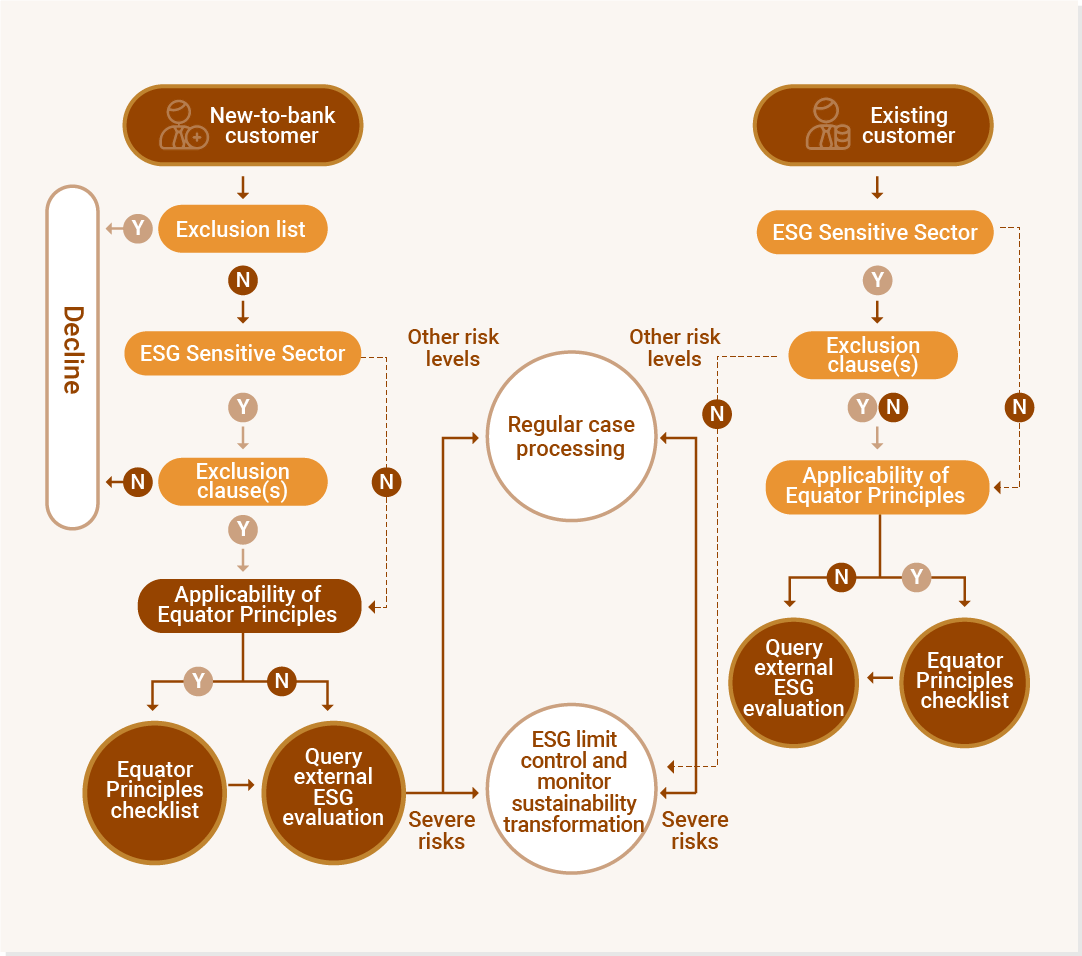
- Thermal coal extraction: Obligors with more than 25% of revenue from thermal coal extraction.
- Thermal coal power generation: Obligors with more than 25% of power generation from coal-fired sources.
- Tobacco: Obligors with more than 10% of revenue from tobacco manufacturing (excluding rolling tobacco and cigarette packs).
- Unconventional oil and gas extraction: Obligors with more than 10% of revenue from unconventional oil and gas extraction. Unconventional oil and gas including oil sands, shale oil and gas, Arctic oil and gas, ultra-deep-water oil and gas.
To support the global Sustainable Development Goals (SDGs), fulfill the Corporate Social Responsibility (CSR), and implement the spirit of ESG, CTBC Bank Co., Ltd. (“CTBC Bank”) formulated the “Responsible Investment Guideline” in December, 2021. As CTBC Bank conducts equities listed on exchange/OTC, bonds and mortgage-backed securities, whether the investment is in ESG exclusive list, ESG sensitive sector, or unsatisfactory ESG performance shall be assessed, and shall establish the control measures to minimize the negative impacts and respond with appropriate actions.
The guideline commits CTBC Bank to not investing in companies involved in criminal conduct, terrorist activity, pornography, armament, or any industry that may have negative social or public security effects. In addition, CTBC Bank sets clear control measures for ESG-sensitive sectors. In case of ESG sensitive sector, one of the conditions below is met to get the approval.
(1) The issuer or guarantor is state-owned enterprises or the shareholding of the government is over 50%, and the evidence of suitability transformation is in place (for example, the company has the sustainability report) or (2) For other investment, the internal ESG assessment criteria shall pass. The ESG-sensitive sectors including following four sectors:
- Thermal coal power generation: Those that generate more than 25% of their electricity from coal-fired sources.
- Thermal coal extraction: Those that generate more than 25% of their revenue from coal mining.
- Tobacco: Those that drive more than 10% of their revenue from tobacco manufacturing.
- Oil sands: Those that derive more than 10% of their revenue from the sale or mining of oil sands.
In case of unsatisfactory ESG performance, the investment target shall be assessed cautiously prior to the investment decision being made, engagement shall be conducted actively and implementation of its ESG improvement plan shall be reviewed so as to attain sustainable banking.
- Environmental: Environmental Policy, Water Management Programs, Physical Climate Risk Management, Energy Use and GHG Emissions, Renewable Energy Use
- Social: Labor Relations, Employees-Human Rights, Discrimination Policy, Gender Pay Equality Program
- Governance: Board Structure, Board/Management Quality & Integrity, Remuneration, Stakeholder Governance








